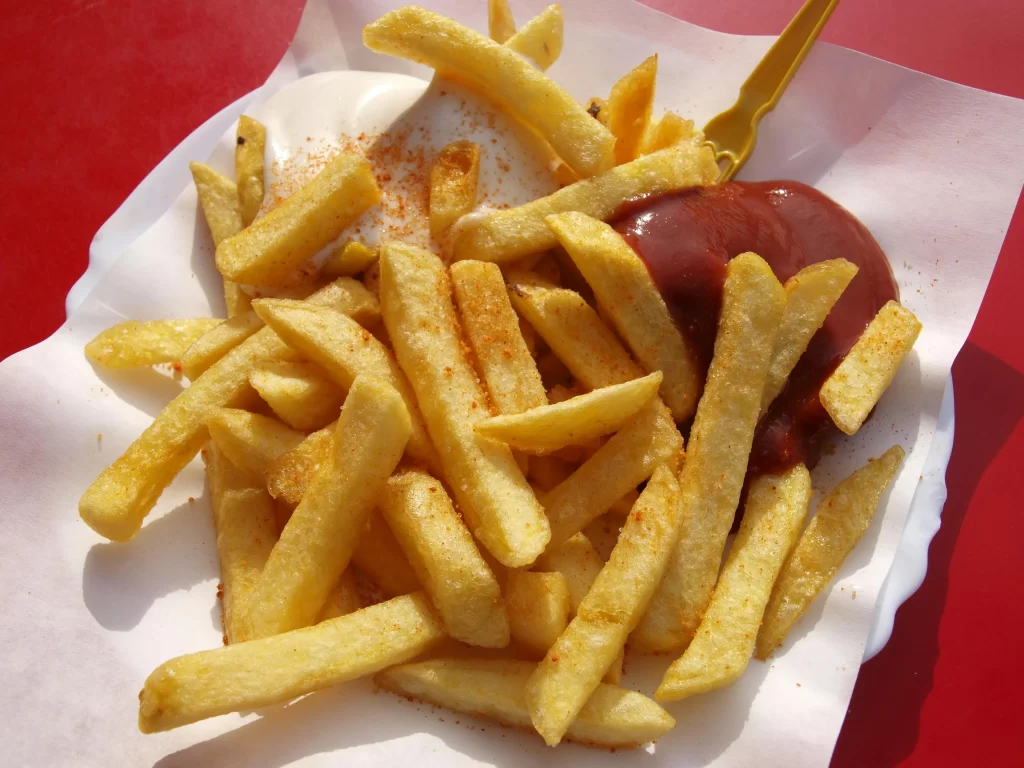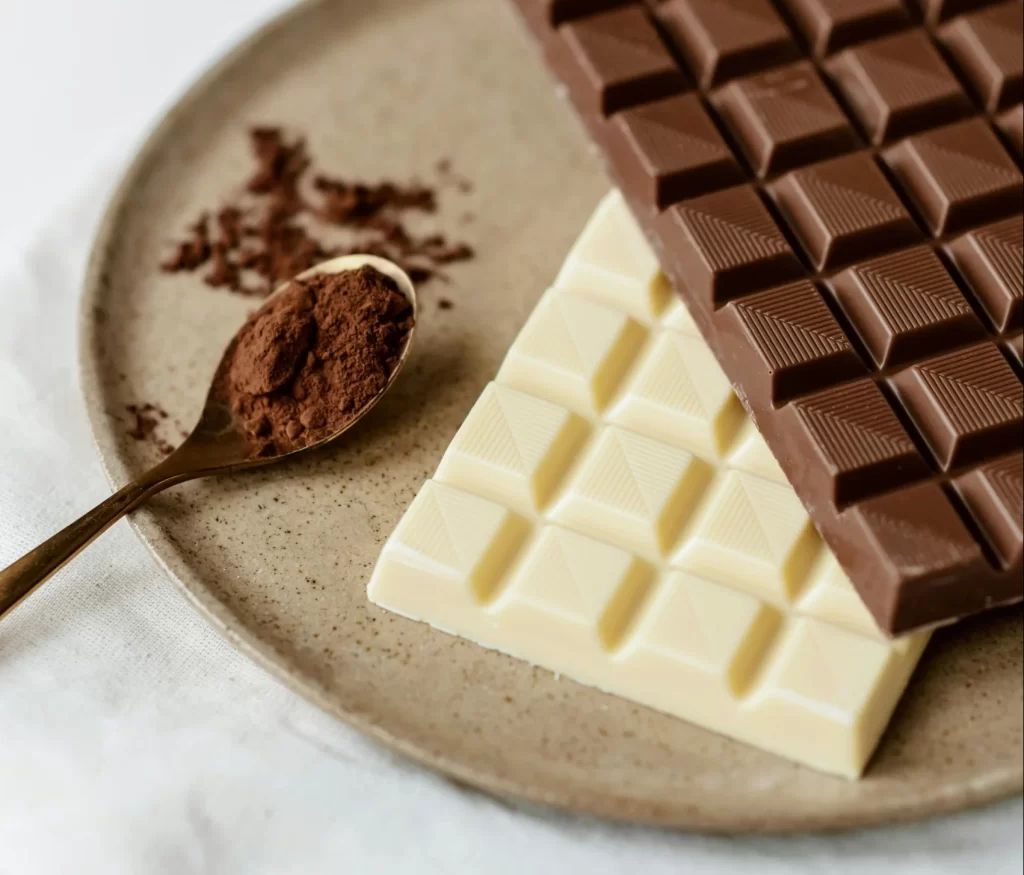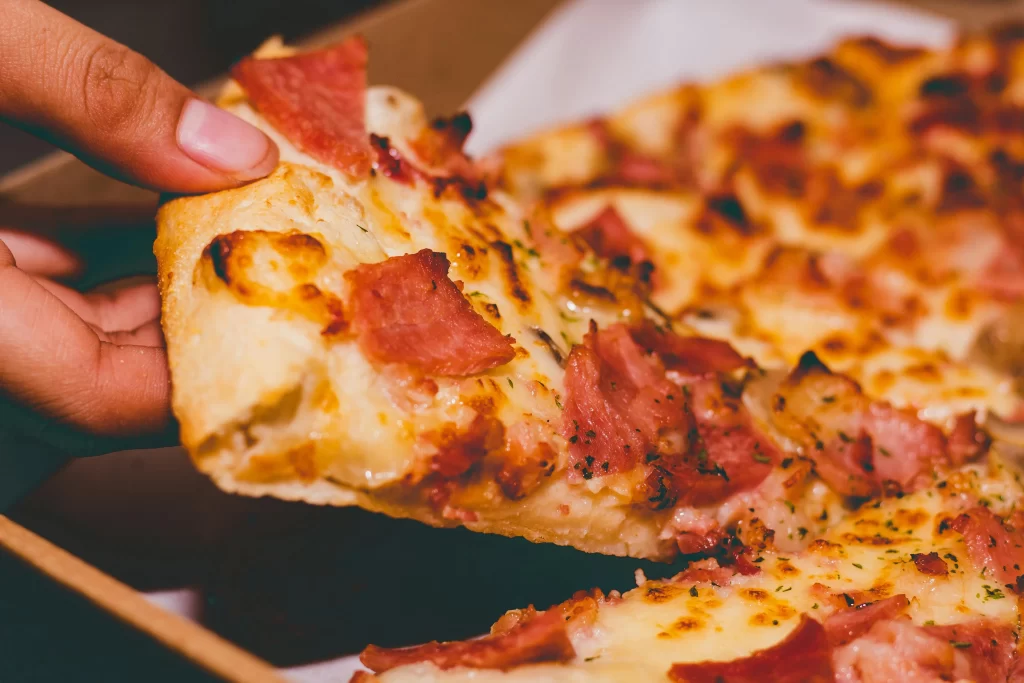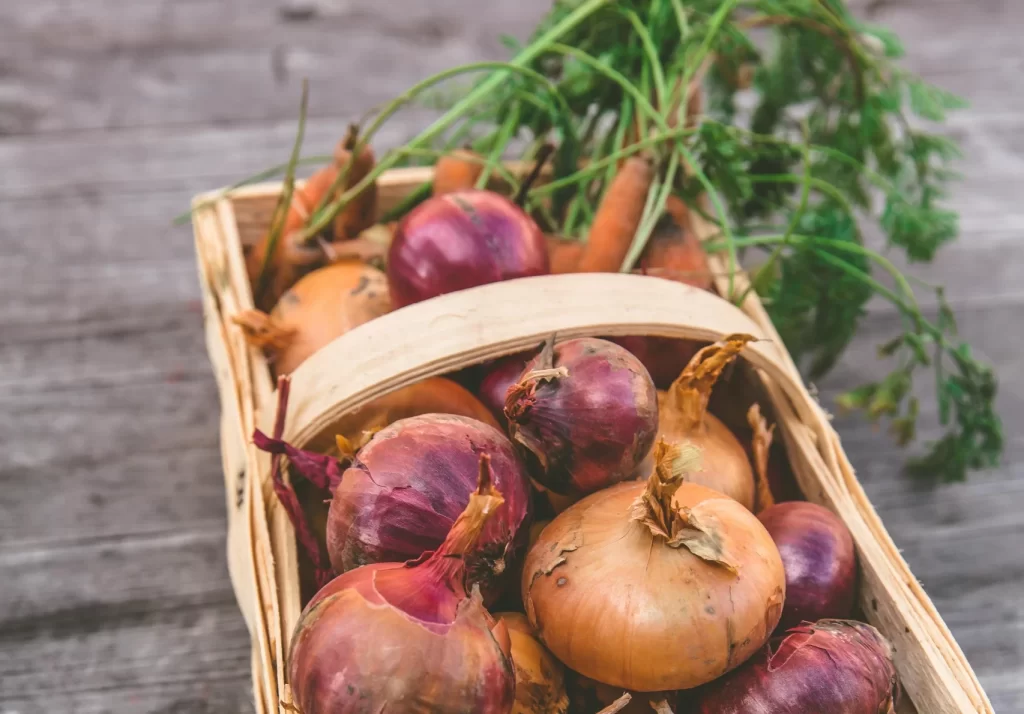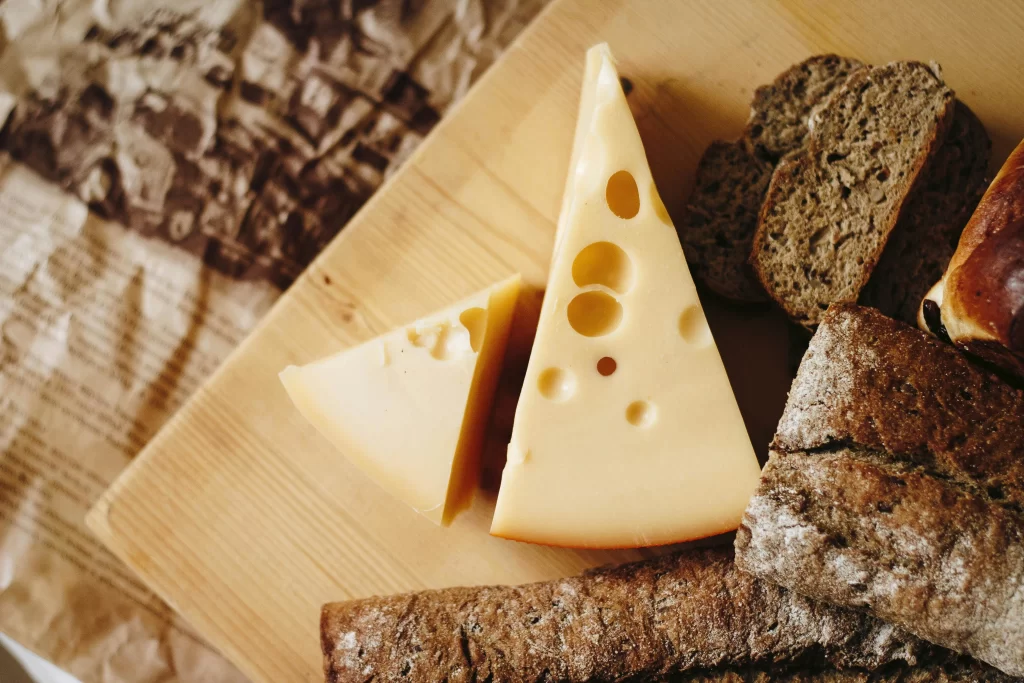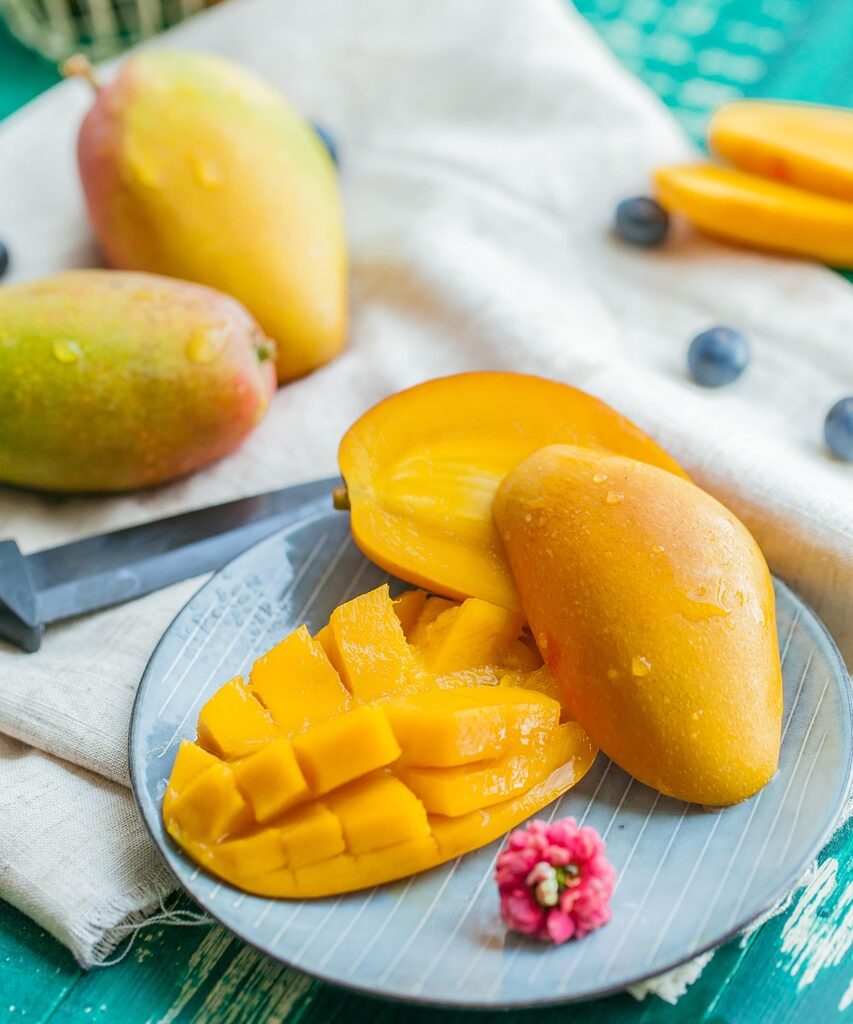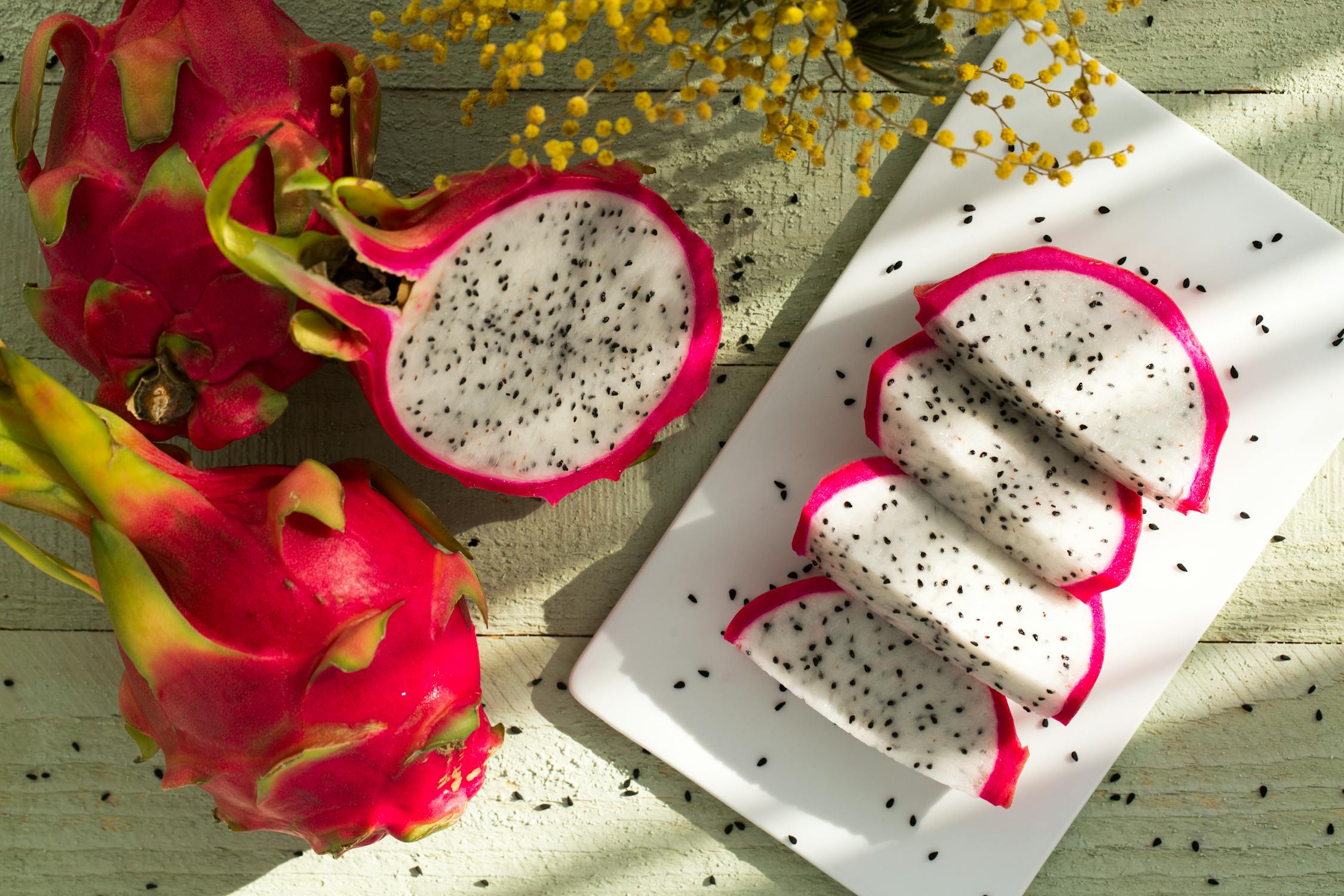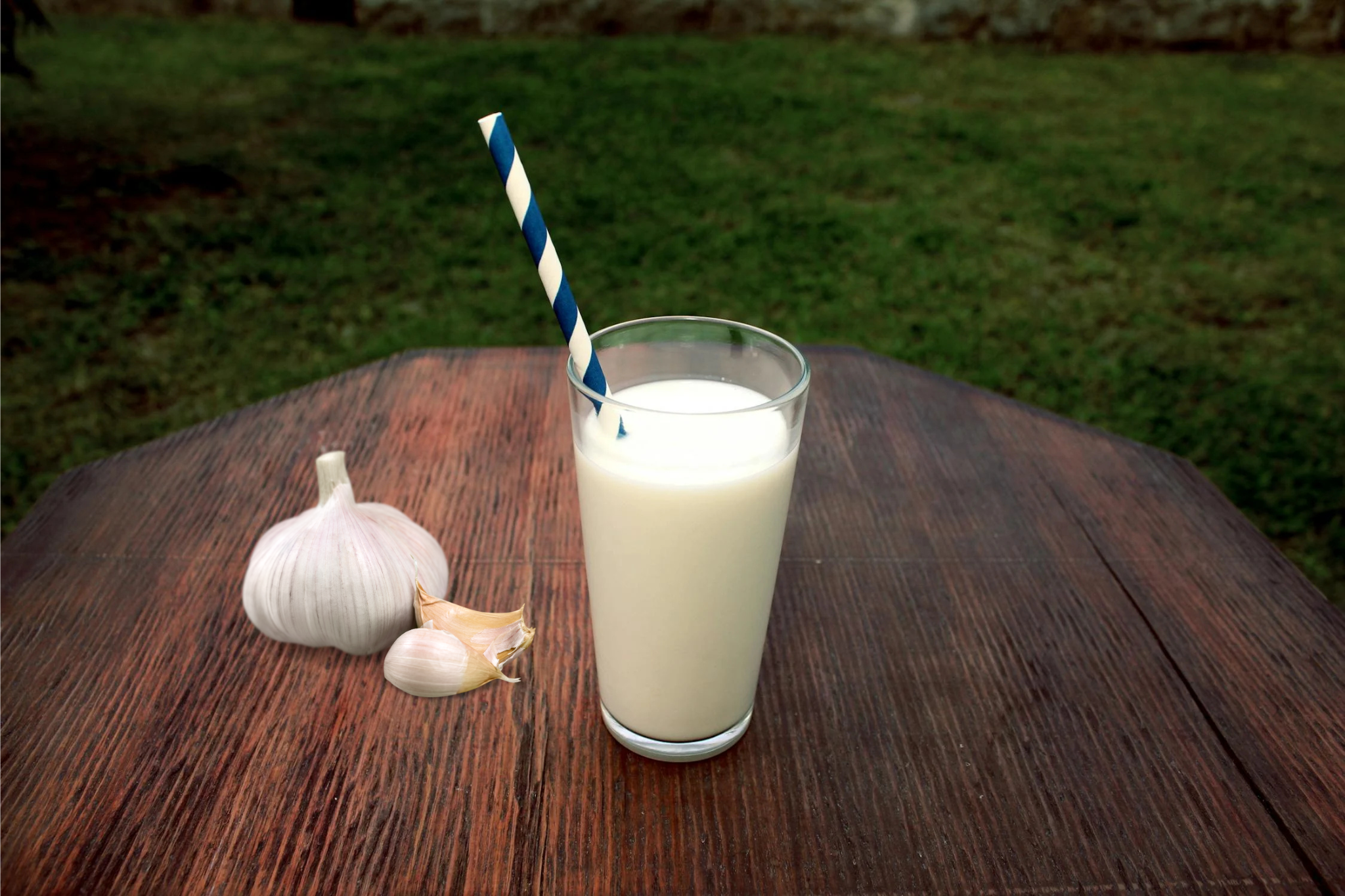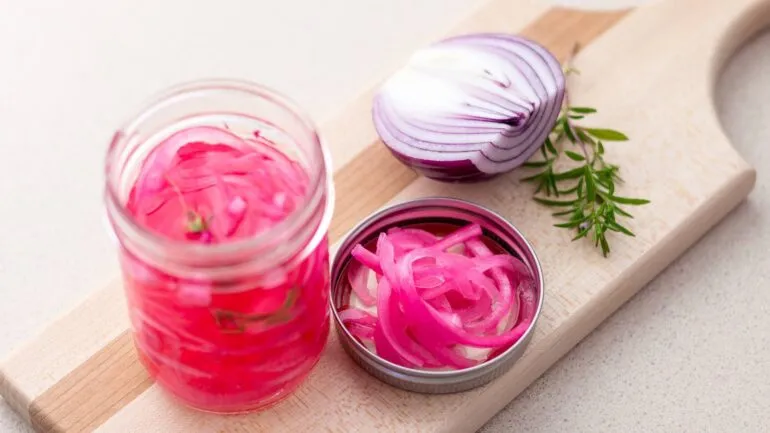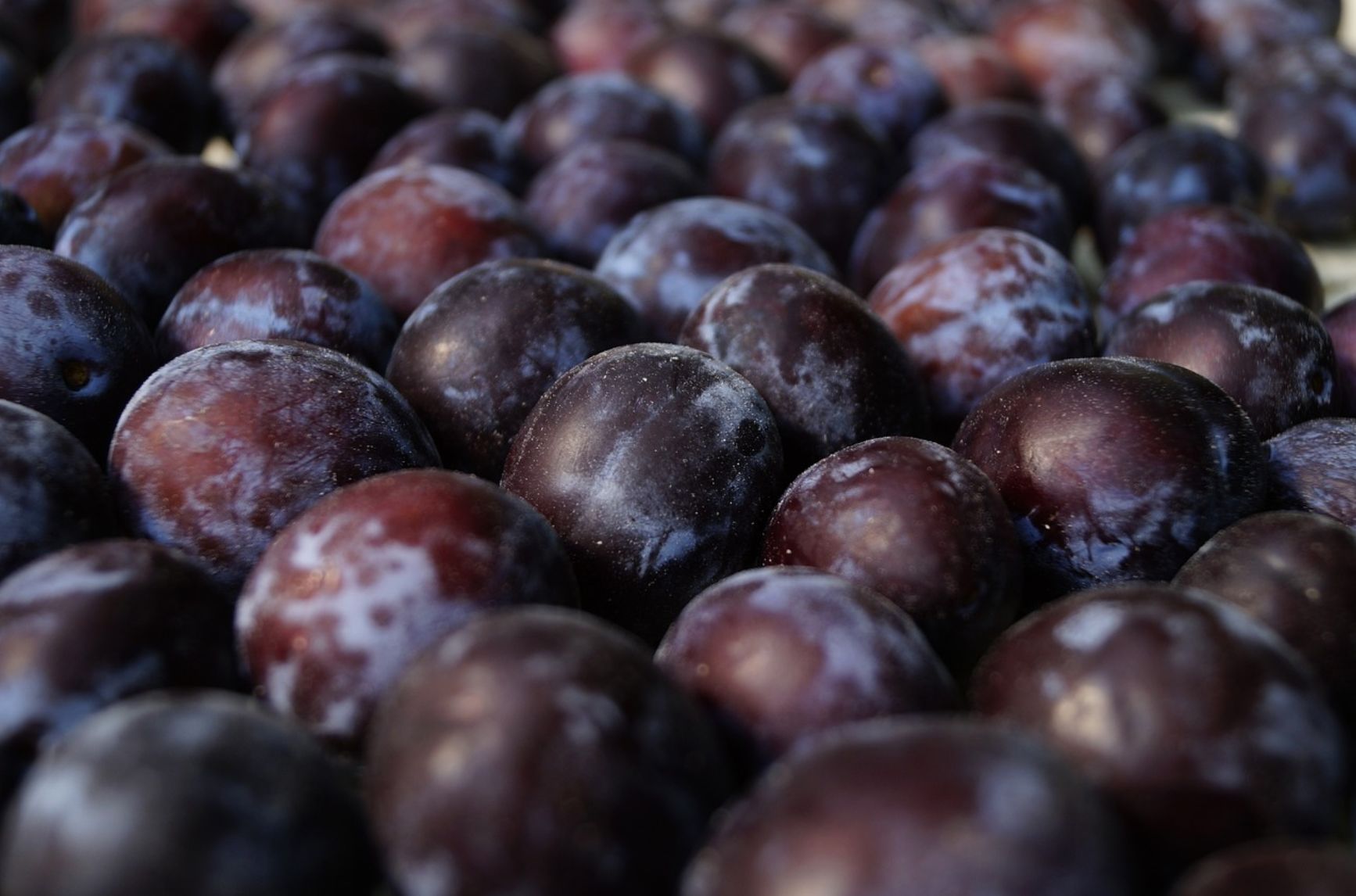Have you ever felt a painful burning feeling in your upper stomach or near your breastbone? If this discomfort makes you feel dizzy, you might have acid reflux.
This common condition, called acid reflux, occurs when stomach acid flows back up into the tube connecting your throat to your stomach, irritating it.
However, not eating the right kind of food can worsen this condition, and this is why, today, I am sharing the top ten worst foods for acid reflux that you should avoid! Let’s begin by learning what causes acid reflux.
Why Do People Get Acid Reflux?
Heartburn, also known as acid reflux, happens when a muscle called the Lower Esophageal Sphincter (LES) doesn’t work properly.
This muscle is located where the tube from your throat to your stomach meets, just below the rib cage. It’s supposed to keep stomach acid from going back up into the tube. But if it opens too often or doesn’t close well, acid can leak into the tube, causing acid reflux.
Whether you experience acid reflux sometimes, every day, or just want to prevent it, it’s helpful to know which foods can cause it. Avoiding or limiting these foods can help you maintain better digestive health.
Causes Of Acid Reflux
Some common things that can cause acid reflux, besides food, include:
- Lying down right after eating a big meal
- Taking certain medications such as Ibuprofen and blood pressure drugs
- Smoking
- Being overweight
10 Worst Foods For Acid Reflux (Avoid These!)
Here are some foods that are especially bad for acid reflux.
1. Coffee and alcohol
Coffee and alcohol are common drinks that many people enjoy regularly, but they can cause heartburn.
Coffee can weaken the Lower Esophageal Sphincter (LES), which makes it easier for stomach acid to get into the esophagus. This effect can vary based on the type of coffee, whether it’s decaf, and even where it comes from, but generally, coffee can significantly impact digestive health.
Alcohol also weakens the LES, but it might not always cause immediate heartburn. However, when combined with a large meal, it can be quite problematic. So, if you often drink several cups of coffee a day or regularly consume alcohol, reducing these can help decrease or alleviate acid reflux symptoms.
2. High-fat foods
High-fat foods, like those you might find at your favorite fast food restaurants, are major causes of acid reflux.
Foods such as french fries and onion rings not only weaken the Lower Esophageal Sphincter (LES), making it easier for stomach acid to escape into your esophagus, but they also slow down how quickly your stomach empties.
This slower process gives acids more time to move up into your esophagus. Fatty meats have the same effect.
3. Tomatoes and Citrus Fruits
Although tomatoes and citrus fruits like oranges, lemons, and limes are generally considered healthy, they can also cause acid reflux. These fruits contain acids that can prompt your stomach to produce more gastric acid, which can lead to heartburn.
If you often have acid reflux, it might be best to avoid these foods, especially on an empty stomach.
4. Chocolate
You might be tempted to ignore the fact that chocolate can cause acid reflux, especially if you’re a fan of its many health benefits. However, chocolate is indeed a common trigger for heartburn.
It contains caffeine and other stimulants that can relax the Lower Esophageal Sphincter (LES), allowing stomach acid to leak into the esophagus. Additionally, chocolate is high in fat, which can slow down the process of your stomach emptying and lead to reflux.
5. Spicy foods
Spicy foods, including onions and ginger, are major triggers for acid reflux. For many people, these foods can weaken the Lower Esophageal Sphincter (LES), the muscle that closes off the stomach from the esophagus. They also tend to increase stomach acid. As a result, eating spicy foods can make heartburn and belching worse.
6. Fried Food
Fried foods are a big causes of acid reflux. They have a lot of fat and take longer to digest, which can push stomach contents back up into the oesophagus. Foods like french fries, fried chicken, burgers, and pizza are examples of what to avoid if you suffer from acid reflux.
7. Carbonated drinks
Carbonated drinks like soda, tonic water, and carbonated energy drinks can cause problems for people with acid reflux. These beverages increase stomach pressure and can open up the valve between the stomach and esophagus. This allows stomach acid to flow back into the esophagus.
8. Peppermint
Peppermint is commonly used to help with digestion, but it can actually make acid reflux worse. This is because peppermint contains menthol, which can relax the valve between the stomach and esophagus. This relaxation allows stomach acid to come back up. Products like peppermint tea and peppermint oil should be avoided if you have acid reflux.
9. Onions
Onions can trigger acid reflux because they contain fructans, a type of carbohydrate that is hard to digest. This difficulty in digestion can lead to bloating and gas, increasing stomach pressure and pushing stomach contents back into the esophagus.
10. High-Fat Dairy Products
Foods like cheese and whole milk, which are high in fat, can also cause problems for people with acid reflux. Because they take longer to digest, these foods can increase stomach pressure, which may lead to the acid flowing back into the oesophagus.
Additionally, some people might have trouble digesting lactose, the sugar found in dairy products, which can make acid reflux symptoms worse.
How to Get Rid of Foods That Cause Acid Reflux?
Acid reflux happens when stomach acid moves up into your throat, causing a burning feeling (heartburn) or discomfort. Certain foods can make it worse, but with a few changes, you can feel much better! Here’s how to handle it:
1. Know Which Foods Cause Acid Reflux
Some foods are known to trigger reflux. These include spicy foods like hot peppers, fried and greasy foods like fries and burgers, citrus fruits like oranges and lemons, tomatoes and tomato sauces like pasta sauce and ketchup, carbonated drinks like soda and sparkling water, caffeine found in coffee, tea, and chocolate, and alcohol, especially wine and beer.
These foods can irritate your stomach or make it easier for acid to flow back into your throat.
2. Swap Trigger Foods for Gentle Ones
Instead of giving up your favourite meals, try these alternatives. Replace spicy foods with mild herbs like basil or parsley. Choose baked or grilled foods instead of fried ones. Swap citrus fruits for gentle ones like bananas or melons.
Use creamy or pesto sauces instead of tomato-based ones. Drink herbal teas or plain water instead of soda or coffee. Try non-alcoholic drinks or mocktails in place of alcohol.
3. Eat Smart to Avoid Acid Reflux
Eat smaller meals because big meals put more pressure on your stomach. Don’t eat right before bed and give yourself 2-3 hours to digest. Chew slowly as it helps your stomach process food better. Stay upright after meals because lying down can make reflux worse.
4. Make Small Lifestyle Changes
Lose extra weight since too much weight can push acid up into your throat. Wear loose clothes because tight clothes around your belly can add pressure.
Raise your bed head since sleeping slightly elevated can stop nighttime reflux. Quit smoking because it can weaken the muscles that keep acid in your stomach.
5. Keep a Food Journal
Write down what you eat and when you feel reflux. This can help you figure out your personal triggers and avoid them in the future.
6. Talk to a Doctor if Needed
If these changes don’t help or your reflux is severe, check with your doctor. They can recommend treatments or medicines to help.
By making these small changes and avoiding trigger foods, you can control acid reflux and feel more comfortable every day. Simple steps make a big difference! 😊
FAQ
What are the worst foods to eat for acid reflux?
The worst foods for acid reflux typically include fried and fatty foods, spicy foods, citrus fruits, chocolate, and high-fat dairy products. These foods can increase stomach acid and delay digestion, leading to discomfort.
Why does spicy food cause acid reflux?
Spicy foods can irritate the lining of the esophagus and also increase the production of stomach acid. This can lead to discomfort and the feeling of acid reflux as the acidic contents are more likely to flow back up.
Can drinking coffee affect acid reflux?
Yes, coffee can affect acid reflux. It can relax the lower esophageal sphincter (LES), the muscle that prevents stomach contents from moving backward, which makes it easier for acid to escape into the esophagus.
Is it bad to eat chocolate if I have acid reflux?
Chocolate can be problematic for those with acid reflux. It contains caffeine and other stimulants that can relax the LES, plus it's high in fat, which can slow down digestion and increase the risk of reflux.
Can dairy products worsen acid reflux symptoms?
High-fat dairy products like cheese and whole milk can worsen acid reflux. They are rich in fat, which slows down the stomach from emptying and increases pressure inside the stomach, potentially forcing acid back up into the esophagus. Additionally, lactose intolerance can exacerbate acid reflux symptoms for some people.
You may also like to read:
- 10 Surprising Benefits of Boiled Vegetables: Why It Is Good For You?
- Are Carbohydrates Your Enemy? Let’s Bust the Biggest Myth…
- Top Fruits To Help Reduce Creatinine Levels
Conclusion
Avoiding the foods mentioned above can help lessen acid reflux symptoms. These foods are particularly bad for people with acid reflux, especially when eaten before bedtime.
Lying down after eating can also make acid reflux worse, so it’s best to avoid these foods to keep symptoms in check.



